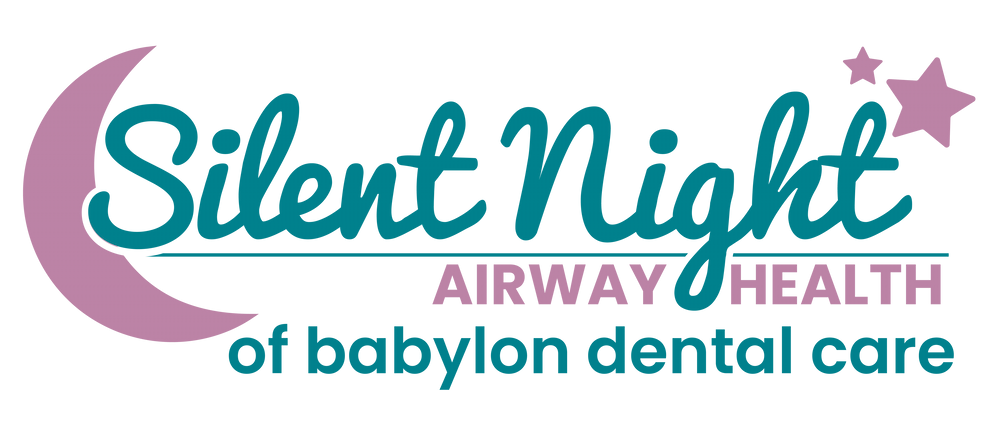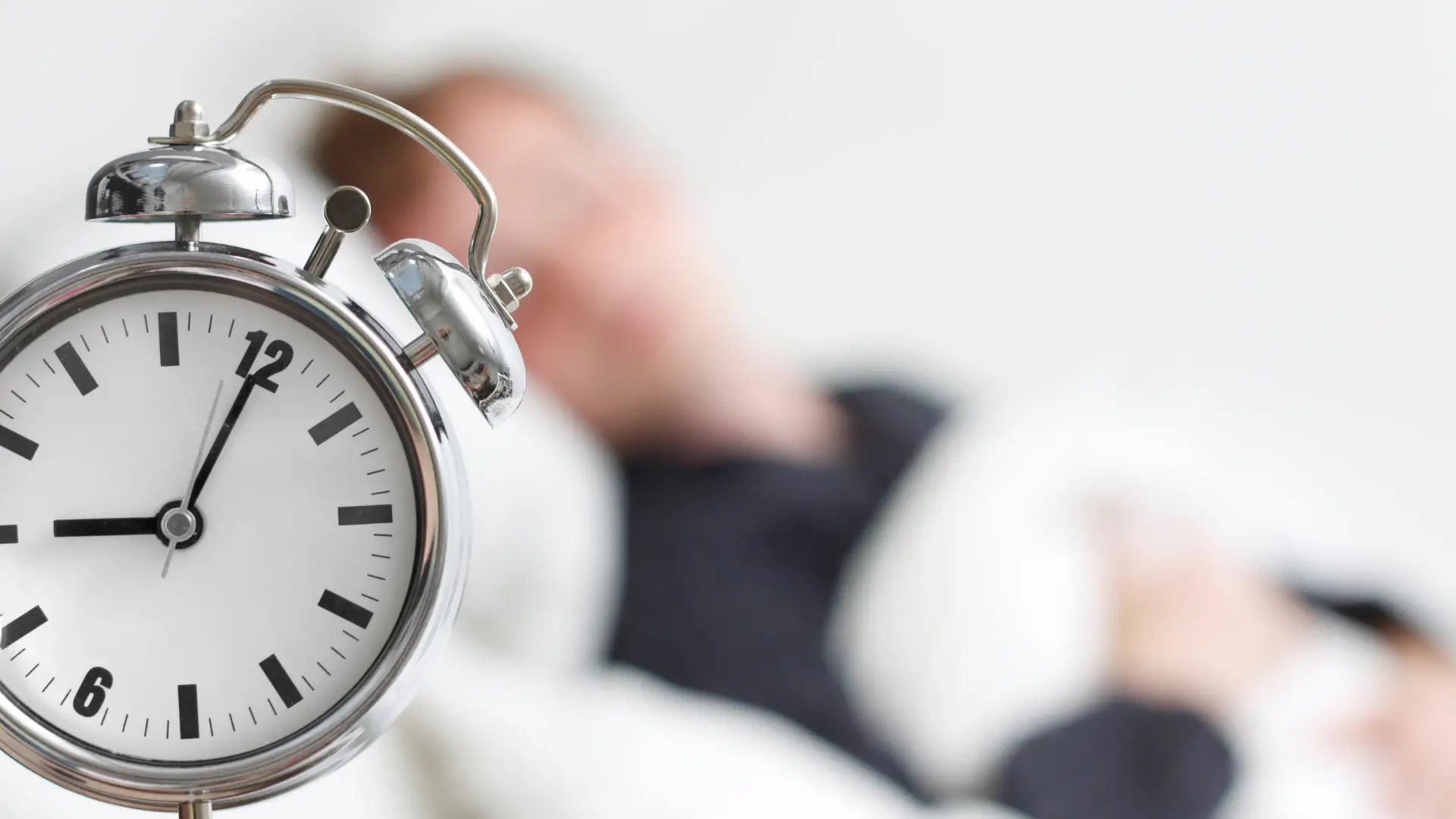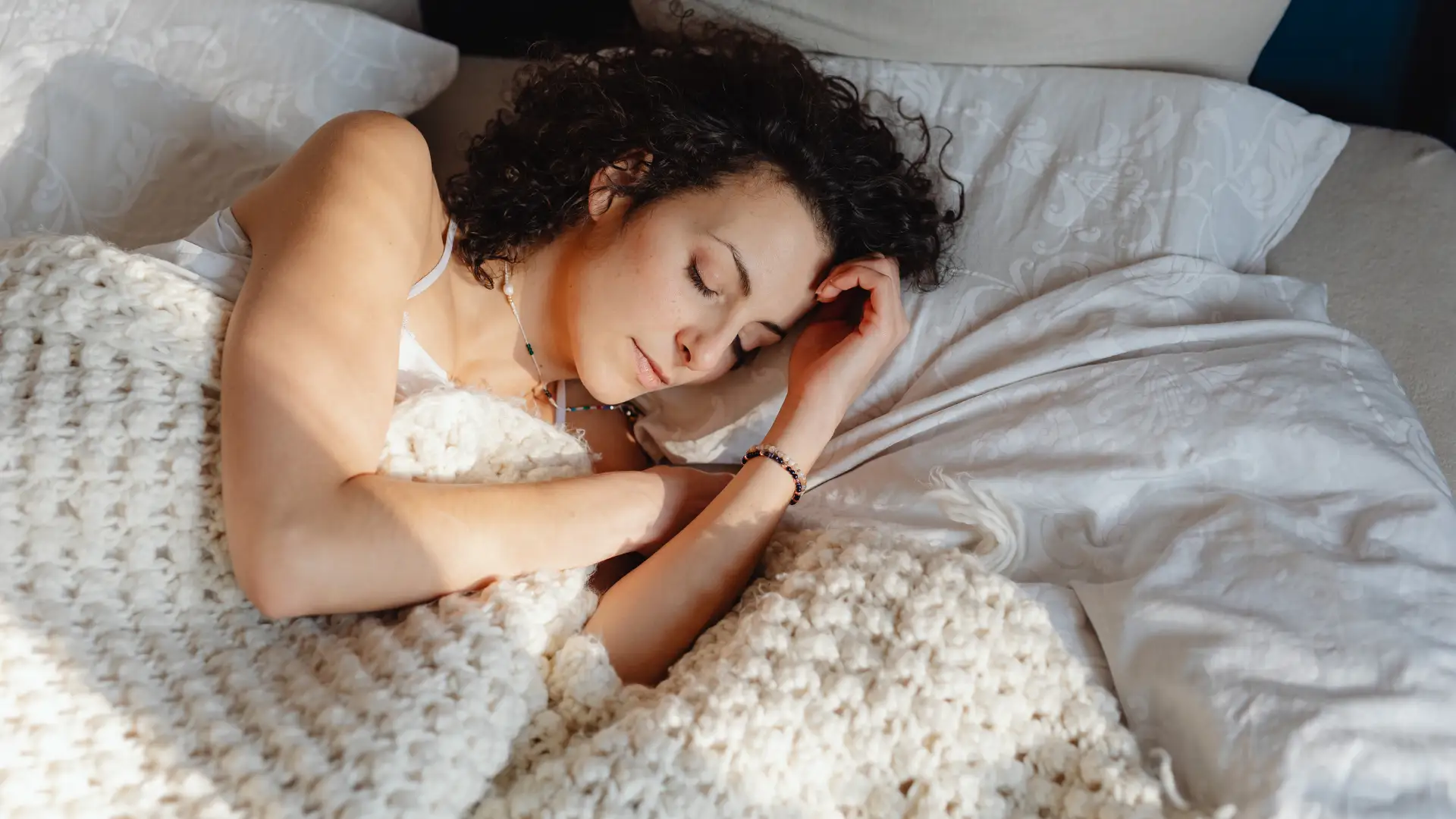How Regular Exercise Improves Sleep Quality
Posted By:
May 22, 2025
9:00 AM
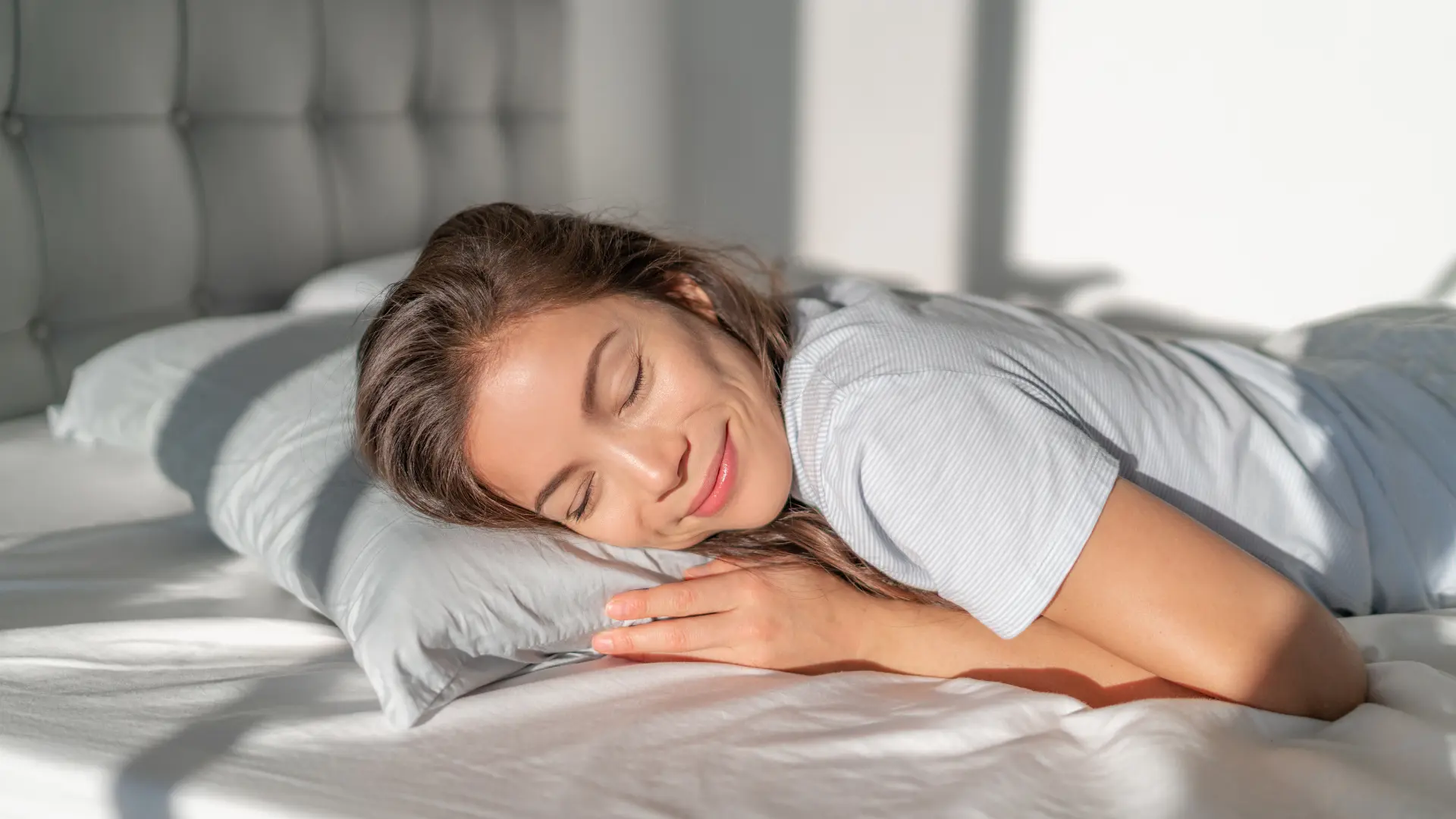
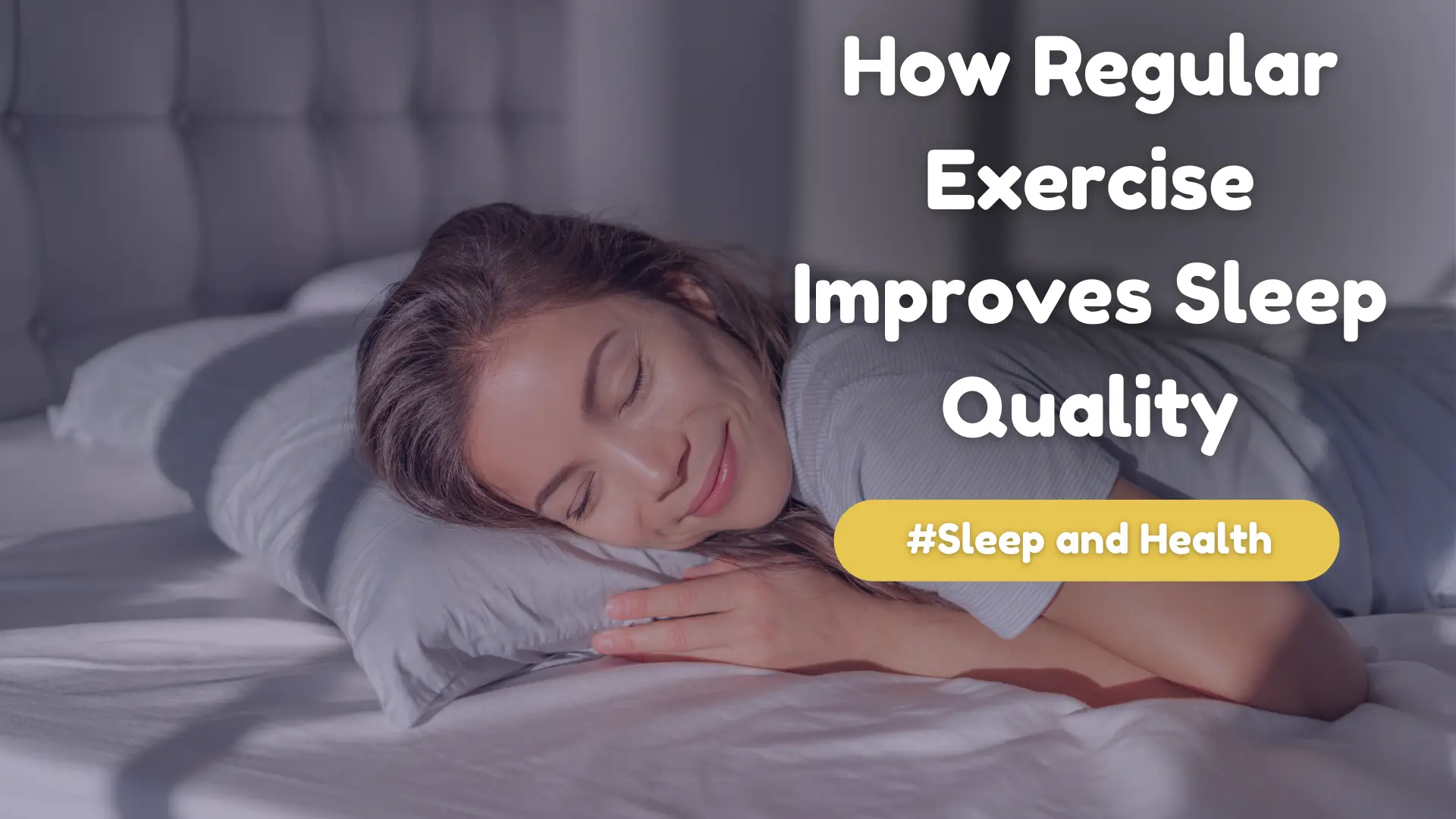
How Exercise Improves Sleep Quality
When you move your body, you do far more than build strength or burn calories. Physical activity helps regulate key systems influencing sleep, including hormonal balance, stress response, and circadian rhythm – the internal clock controlling your sleep-wake cycle.
One of exercise’s most important benefits is improved sleep efficiency, or how well you sleep once you are in bed. Regular physical activity, especially aerobic exercise, can increase the time spent in deep sleep and REM cycles, which are essential for emotional health, memory, and physical recovery.
Exercise also enhances natural melatonin production. Melatonin is a hormone that signals your body that it is time to wind down. People who exercise regularly tend to release melatonin more consistently, leading to faster sleep onset and deeper, more restful sleep. Research shows a strong connection between consistent movement and reduced insomnia symptoms.
Finally, exercise helps lower cortisol, the body’s primary stress hormone, while boosting endorphins. This combination promotes relaxation, calms the nervous system, and creates ideal conditions for falling asleep and staying asleep through the night.
How Timing of Exercise Affects Sleep
Exercise can affect how your body winds down at bedtime. While physical activity supports better sleep overall, the timing can influence how quickly you fall asleep and how restful that sleep is.
Morning and afternoon workouts align well with your body’s natural circadian rhythm. Moving during the day helps regulate your sleep-wake cycle and may reduce nighttime wakeups. Aerobic exercise earlier in the day is especially beneficial – it can lower your resting heart rate by bedtime, leading to deeper, more restorative sleep.
Evening workouts are not always a problem. Although it was once believed that exercising late disrupted sleep, recent studies suggest otherwise, particularly for strength training. Lifting weights in the early evening may enhance sleep duration and quality. The important thing is to avoid intense workouts within one to two hours of bedtime, allowing your body time to cool down and relax.
If late workouts are your only option, try calming activities like yoga or meditation. These promote rest without overstimulating your system.
Ultimately, the best time to exercise depends on your routine. Try different times and pay attention to what helps you sleep best.
Best Types of Exercise for Better Sleep
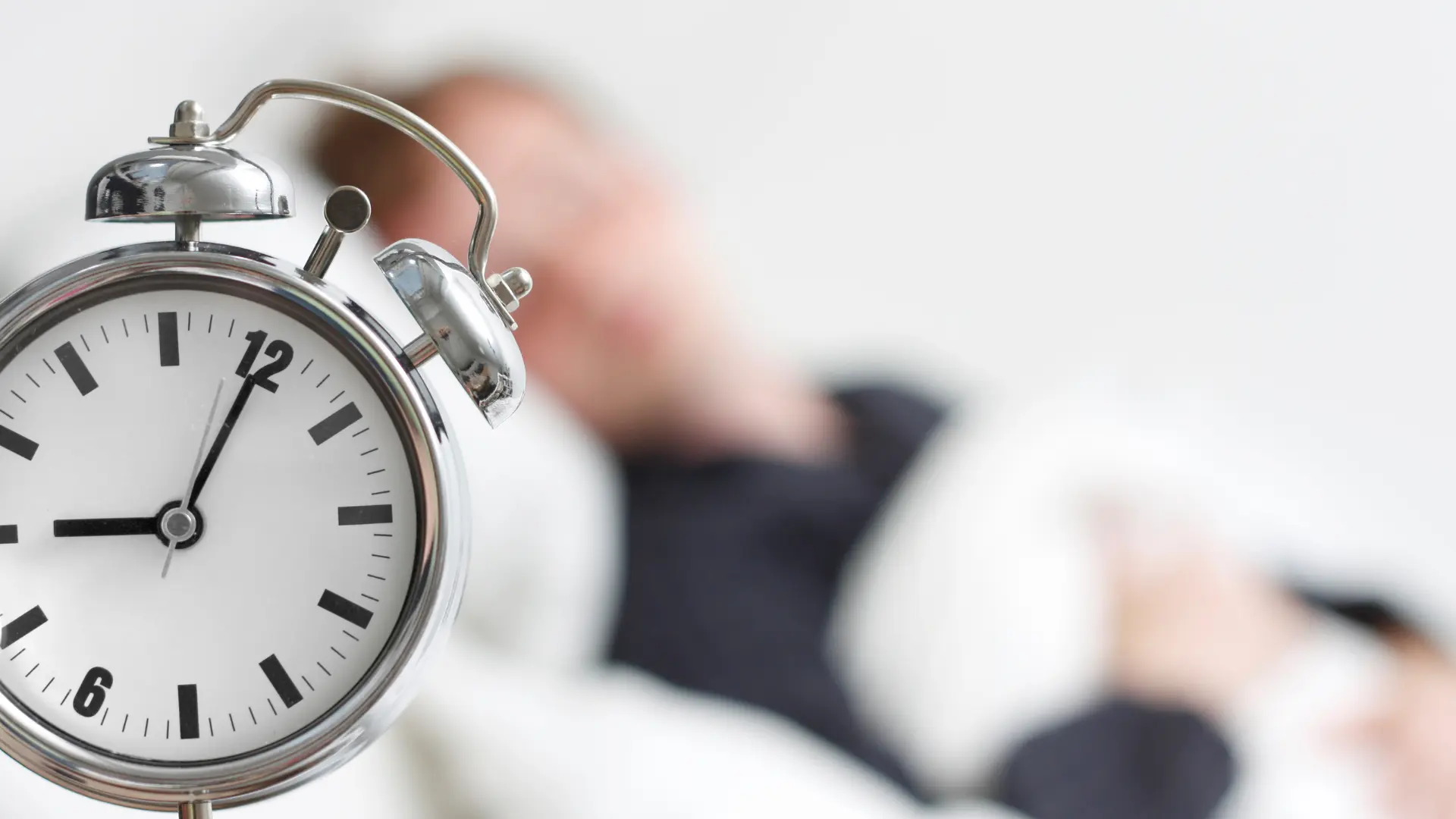
- Aerobic Exercise for Sleep Improvement – Walking, swimming, or cycling 30 minutes a day can significantly improve sleep latency – the time it takes to fall asleep – and increase time spent in deep sleep. These activities are low-impact and easy to maintain long-term.
- Strength Training – Research links weightlifting and sleep duration to higher-quality rest. Strength work challenges your muscles in a way that promotes repair and growth during sleep, particularly in the deep sleep phase.
- Mind-Body Movement – Practices like yoga and meditation for better rest combine gentle movement, stretching, and breathwork to calm the nervous system. They are beneficial for people with anxiety or chronic stress-related sleep disorders.
- Recovery Workouts – Light movement on rest days – stretching, foam rolling, or walking – helps manage sleep deprivation and recovery workouts. These keep the body engaged without causing overstimulation.
Finding a routine that fits your lifestyle and physical needs makes consistency more manageable and is key to long-term sleep benefits.
Your Sleep Journey Starts Here
If you’re experiencing poor sleep, it might not be just your mattress or bedroom setup that’s the issue. Daily habits – especially your activity level – can significantly affect how well you rest. Building a steady, realistic workout routine can lead to better sleep, more energy during the day, and improved overall health.
But if exercise alone isn’t doing the trick, it might be time to get extra support. At Silent Night Therapy, we take an honest, science-backed approach to sleep issues – whether you’re dealing with insomnia or sleep apnea or just can’t shake that constant fatigue. Fill out our contact form, or call us at (631) 983-2463 to schedule a consultation. We’re here to help you get the rest you’ve been missing.
Related Posts:
The Connection Between Your Diet, Exercise, and Sleep
